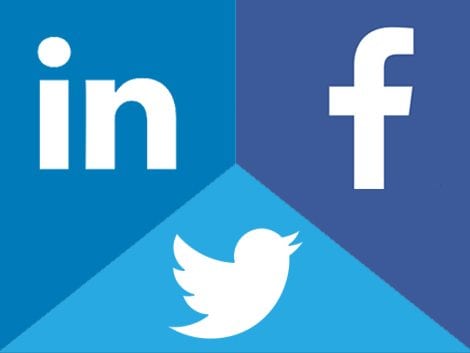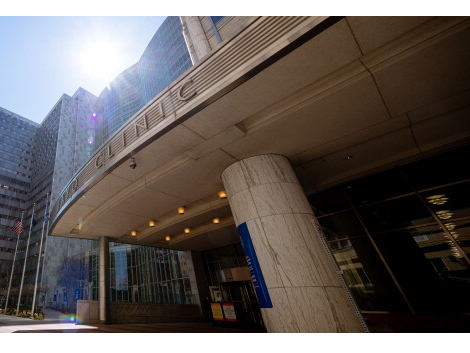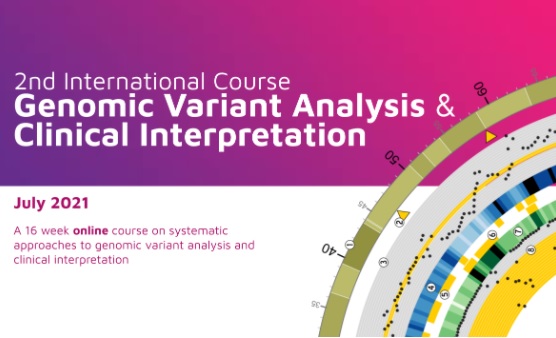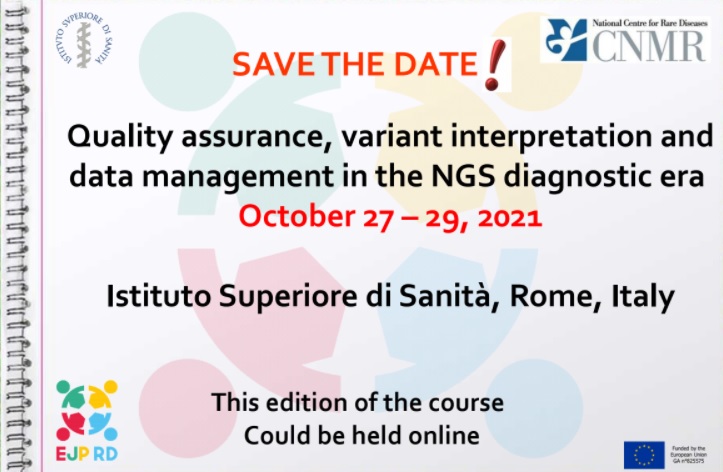Undiagnosed Diseases Network International: a new website and a new patient area to offer a second chance to patients suffering of undiagnosed conditions.
In the last decade, substantial effort has been made by the scientific community to increase the diagnostic rate of rare diseases (RDs) through advanced molecular investigations. This allowed a better understanding of the molecular aspects of RDs, supporting diagnosis, clinical decision-making, more suitable choices of treatment and likely reducing economic costs. Nevertheless, and despite great efforts, it has been estimated that 1 patient out 3 will never reach a final diagnosis. Thus, physical, psychological and social consequences represent a relevant burden to be sustained every day for this substantial number of patients and their families.
The unsolved cases, formally defined as undiagnosed RDs (URDs), represent a tremendous additional hurdle, that require shared protocols and dedicated actions at national and international levels, beyond the efforts of individual specialised clinical centres. There is the need to develop national “Undiagnosed RDs programs”. These programs exploit advanced operational procedures based on an individualized, exhaustive and well-structured approach to URDs cases by a multidisciplinary team of experts. To address these issues, the Undiagnosed Diseases Network International (UDNI) was established in 2014, with the major aims of providing diagnoses to patients, implementing additional diagnostic tools, and fostering research on novel diseases, their mechanisms, and their pathways.
The goals of the UDNI are to work collaboratively and at an international scale in order to: 1) provide diagnoses for persons who have conditions that have eluded diagnosis by clinical experts; 2) gain insights into the etiology and pathogenesis of novel diseases; 3) contribute to standards of diagnosing unsolved patients; and 4) share the results of UDNI research in a timely manner and as broadly as possible. The UDNI consists of a Governing Board and Members. Committees are established to work on specific issues of interest to the UDNI membership.
A total of 32 Countries throughout the six continents are actually involved in UDNI: Australia, Austria, Belgium, Brazil, Bulgaria, Canada, Chile, China, Ecuador, France, Georgia, Germany, Ghana, Hong Kong, Hungary, India, Israel, Italy, Japan, Korea, Mali, New Zeland, Phillippines, Singapore, Spain, Sri Lanka, Sweden, Switzerland, Thailand, Netherlands, Turkey, USA.
On February 2021 a new version of UDNI web site was launched by UDNI Communication Group: https://www.udninternational.org/.
We are very proud and enthusiastic about this new version!
The most significant improvement is the inclusion of a new web area totally dedicated to Patients. A photographic survey of URD patients has been posted on the front page of the website with the final aims to illustrate, to study, to improve knowledge and (hopefully) to reach a diagnosis to Patients with an unsolved condition.
This area is completely compliant with the European General Data Protection Regulation (GDPR, art. 13 EU Regulation 2016/679) and to its Privacy Code (as amended by European Legislative Decree 101/2018).
Forty-five patients have been uploaded up to now. Forty-five different stories. One single common denominator: the need for a definitive diagnosis.
Mikk and Helene Cederroth from Wilhelm Foundation (https://wilhelmfoundation.org/), members of UDNI Community since the beginning, strongly fostered the development of this dedicated patients area and are actually deeply involved in managing these cases within the website; indeed, their Foundation is dedicated to ensure that people suffering an undiagnosed disease are diagnosed.
In the new UDNI website version, each participating Country is now indicated by an interactive map: within the next few months we aim at including additional information for each participant directly on the map.
It is possible to apply as a new UDNI member through the use of a dedicated section (How to Apply). Once accessed this section it is possible to choose between 2 different application forms to be filled: one for clinical investigators and one for patients and patient’s association applicants. Once the application has been submitted, each component of the Membership Group receives a notification and, once discussed and accepted by the Group, the Applicant will be included among the UDNI members and on the interactive map as well.
A new UDNI Working Group has been established, namely UDNI Developing Countries. The purpose of this Working Group is to address the issues (difficulties and opportunities) for providing diagnoses to patients with undiagnosed and rare diseases in Developing Countries; to cooperate with national experts in the achievement of new diagnoses; to build local capacity (i.e., including training courses) so that correct diagnosis becomes the standard of care in these settings. Noticeably 19 Countries already joined the Group to implement international cooperation and to share experiences and expertise.
Integrated social media buttons for Twitter, Facebook and Linkedin have been included in the website to foster communication with the URD community . Our goal with this new interactive website is to provide our visitors an easier way to learn about ongoing UDNI research activities and on the URD field.
You will find the new website with a fresh look, easy-to-access information and a lively resource for those who visits our site.
For any questions, suggestions, feedback or comments, please contact us.
Marco Salvatore, Gianluca Ferrari, Domenica Taruscio





